'The Bear' Season 2 is a Recipe for Success
‘The Bear’ Season 2 has all the right ingredients for both comedy and drama.
Incluvie – Better diversity in movies.
Identity in film through scores, reviews, and insights.
Incluvie – Better diversity in movies.
Explore identity in film through scores, reviews, and insights.
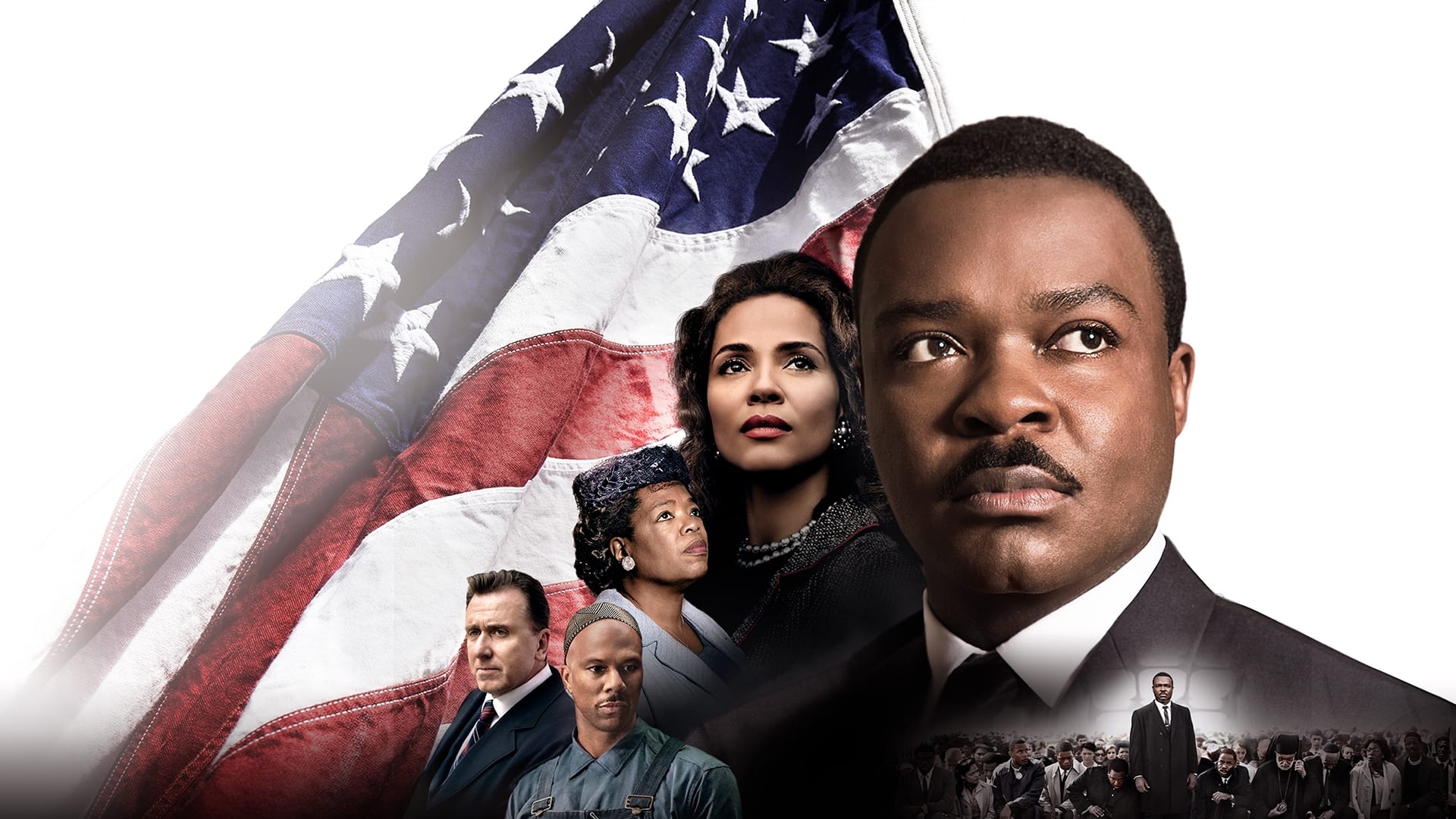

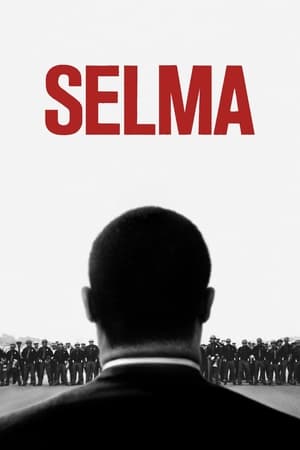


As I type this, Chris Evans is being “cancelled” on Twitter. I did a little research on this since I always thought Chris Evans was well-received. It turns out the backlash is because of a white savior movie he made called Red Sea Diving Resort. According to Wikipedia, this film “is a 2019 spy thriller film written and directed by Gideon Raff. The film stars Chris Evans as an Israeli Mossad agent who runs a covert operation that helps Ethiopian-Jewish refugees escape to safe haven in Israel.” The description goes on to say the film is based on historical events, and politically divisive.
This is important, but not new. Because of the current state of the world, politics are unavoidable more than ever, and movies are no exception. Movies that are set in real historical or political scenes are scrutinized to be historically accurate, or at the very least, not rewritten to make sure the good guys are White and…guys. I became curious about what information is being presented to audiences about about politics and politicians. I am distinguishing between political movies and movies about politics. One might argue that all movies have some political agenda, but I wanted to research the movies about political figures. While, as of the latest elections, there were steps made toward a more diverse group of civic leaders, but that is not always represented on the big screen. It might be hard for voters to support any possible politician that is not White and/or male because of the representation of politicians in their media consumption.
The history of Hollywood is as ugly as it is beautiful. You can go back and look at decades of iconic films that have graced the silver screen, from Gone with the Wind (1939) to Citizen Kane (1941) to North by Northwest (1959). Most notably absent from Hollywood history, however, are Black-produced films. When movies did feature Black characters, they were always written by White writers and directed by White directors. The stories were never centered around Black people focusing on what it means to be Black.
Developed by Simon Frederick, They’ve Gotta Have Us (2018) is a limited series on Netflix that explores the rise of Black cinema in Hollywood. From The Birth of a Nation (1915) to Black Panther (2018), and everything in between, They’ve Gotta Have Us offers a comprehensive and compelling look at Black representation in film and the surge of Black-produced cinema.
I’ve mentioned before that some of my favorite classes I took in college were film history courses. I love contextualizing movies and seeing how every film influenced the next. However, I learned virtually nothing about the parallel history of Black cinema in Hollywood. They’ve Gotta Have Us proves to be incredibly enlightening, exploring so many facets of Hollywood history that were previously unknown to me.
The series features interviews with prominent Black filmmakers such as Barry Jenkins (Moonlight, If Beale Street Could Talk), Laurence Fishburne (School Daze, The Matrix), David Oyelowow (Selma, A United Kingdom), Kasi Lemmons (The Silence of the Lambs, Candyman), John Boyega (Attack the Block, Star Wars: The Force Awakens), Gina Prince-Bythewood (The Secret Life of Bees, Beyond the Lights), Carmen Ejogo (Selma, It Comes at Night), and Robert Townsend (Hollywood Shuffle, The Five Heartbeats).
Going into the series, I would have assumed that Black voices had been suppressed in the industry for decades even if I didn’t necessarily know all of the details beforehand; I had no idea the extent to which this happened. The beginning of the series looks at the early years of Hollywood. The Birth of a Nation (1915) defined the motion picture and shaped everything about what movies are and how they are made. Director D.W. Griffith did not believe Black actors were capable of giving the performances he wanted, so he cast White actors in blackface to play horrific caricatures.
The justice system in the United States of America is supposed to operate as you are deemed innocent until proven guilty. However, what happens for Black people is they are deemed guilty until proven innocent. That is exactly what happened with Kevin Richardson, Antron McCray, Yusef Salaam, Raymond Santana Jr., and Korey Wise, who were dubbed the “Central Park Five” by the media.
They were five kids, who ranged in age from 14 to 16 years old, charged with the rape and assault of a White girl in Central Park. These kids had nothing to do with the assault, and were in a completely different part of the park when it occurred. They were found by the police the night of the assault, and were immediately arrested. The police proceeded to interrogate them for hours on end, depriving them of food, water, legal counsel, and seeing their parents. Through all of this, they were ultimately coerced into confessing to a crime they never committed.
When They See Us is a four-part limited series on Netflix that tells Kevin, Antron, Yusef, Raymond, and Korey’s story. It is co-written and directed by Ava DuVernay, the masterful director behind Selma (2014) and 13th (2016). Brought to life by an incredible ensemble of actors, When They See Us chronicles the police interrogations, the trial, the verdict, and the aftermath. As one would expect from a filmmaker of DuVernay’s caliber, this is an incredibly emotional and gut-wrenching series that excels on every level.
I remember in elementary school, there was an incident involving another kid that I had nothing to do with, but another student, for whatever reason, told the principal that I had been involved. I was called into her office, and she proceeded to lay into me about it. I claimed many times that I didn’t know what she was talking about, and I had nothing to do with it, but she ignored this and persisted. She went as far as to say that my parents should be ashamed of me. I was an absolute wreck, and in that moment I felt so completely helpless. I didn’t do this thing she thought I did, but no matter how many times I told her, she just did not believe me.
“Through this work, I’ve learned that each of us is more than the worst thing that we’ve ever done; that the opposite of poverty isn’t wealth, the opposite of poverty is justice; that the character of our nation isn’t reflected on how we treat the rich and the privileged, but how we treat the poor, the disfavored, and condemned…” -Bryan Stevenson, Just Mercy
Black lives matter. Purely and simply. The fact that in 2020 this is still a point of debate shows how little we have progressed.
For too long we have ignored the injustices that have plagued the United States since its inception. Now the George Floyd movement is making it impossible to ignore any longer. It is forcing a national dialogue about systemic racism, police brutality, the criminal justice system, the for-profit prison system, and systemic poverty. This movement isn’t just about having a conversation, but about listening to Black people and hearing what they experience and endure on a daily basis.
Two movies that do a fantastic job in conveying this are Selma (2014) and Just Mercy (2019). For the month of June, both of these films have been made free to watch on streaming by their respective studios. Any place you would typically rent movies — YouTube, Amazon Prime, iTunes, Google Play — you can rent Selma and Just Mercy free of charge.
(Note: This article was originally publiched by Mick Cohen-Carroll on Medium in June 2020. For current information about the state of the racial justice movement in America, I recommend reading updates about Derek Chauvin's trial, this interview with Kentucky's Rep. Attica Scott about the ongoing imapct of Breonna Taylor's murder, this update about the shooting of Jacob Blake, and this analysis of the scope of Black Lives Matter protests.)
Hollywood loves to jump on current events, especially those with big socio-political ramifications. There have been timely movies about pretty much every news-worthy incident since WWI. However, stories about race or racial injustice are often eclipsed or buried under other tragic events. So, through the films they produce and finance, how will Hollywood react to the current status quo? It’d be interesting to discover their approach in the wake of the George Floyd protests (which are largely peaceful) and the call to action for anti-racism. There are two things to consider. The first is that Hollywood, after all, is a business and the second is that Hollywood might not be as socially liberal as the right-wing claims.
Though there is room for art, and you must be creative to make a film, the movie industry is, after all, just that: an industry. And in an industry, the primary goal is to make money. If it’s art, great, but that is not the end goal. Artistry is the byproduct. That is why people like Martin Scorsese call the Marvel movies “theme parks” and not cinema. He makes the distinction that cinema is (by his definition) more daring, unexpected, honest and artistic.
So while “cinema” (used in the Scorsesian sense) does exist, the rise in blockbuster movies with high budgets and explosively high box office returns shows that Hollywood is primarily interested in making money. That is why it attracts people to become top execs and producers, like Steve Mnuchin, the current Secretary of the Treasury. Hard to believe that the ex-Goldman Sachs investment banker was in it for the art or the love of cinema.

"Selma," as in Alabama, the place where segregation in the South was at its worst, leading to a march that ended in violence, forcing a famous statement by President Lyndon B. Johnson that ultimately led to the signing of the Voting Rights Act.

Ava DuVernay
Director

Ava DuVernay
Director
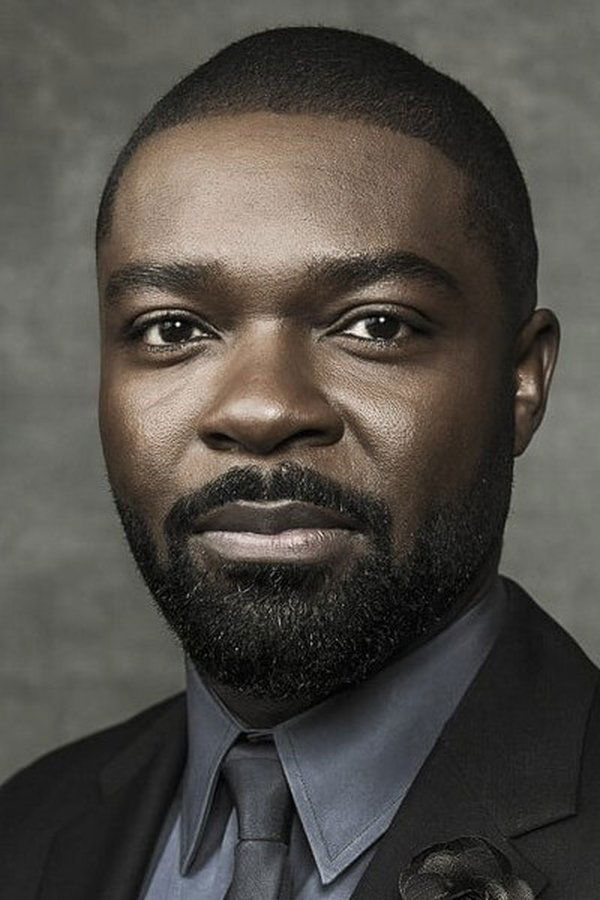
David Oyelowo
Dr. Martin Luther King, Jr.

Carmen Ejogo
Coretta Scott King

Tom Wilkinson
President Lyndon B. Johnson
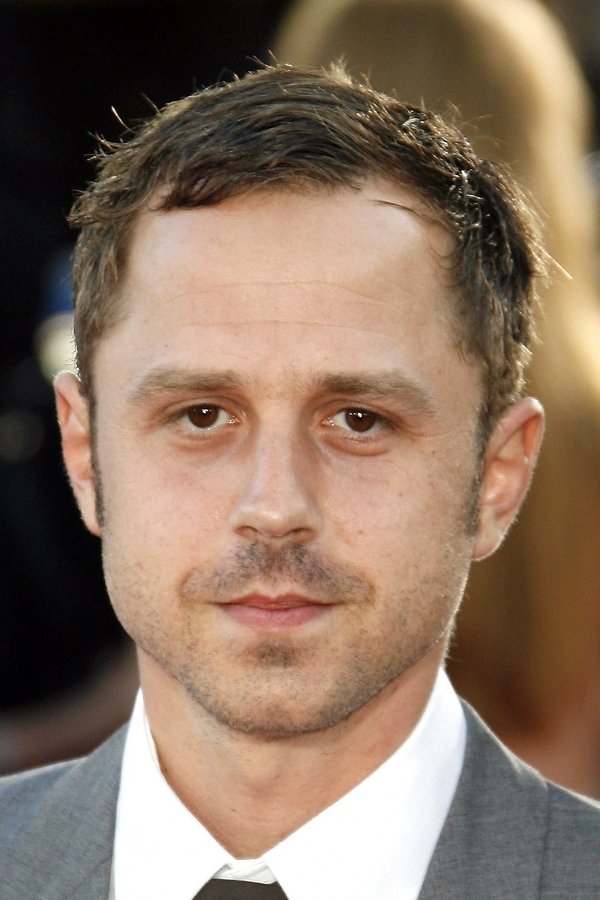
Giovanni Ribisi
Lee White

Tim Roth
Gov. George Wallace
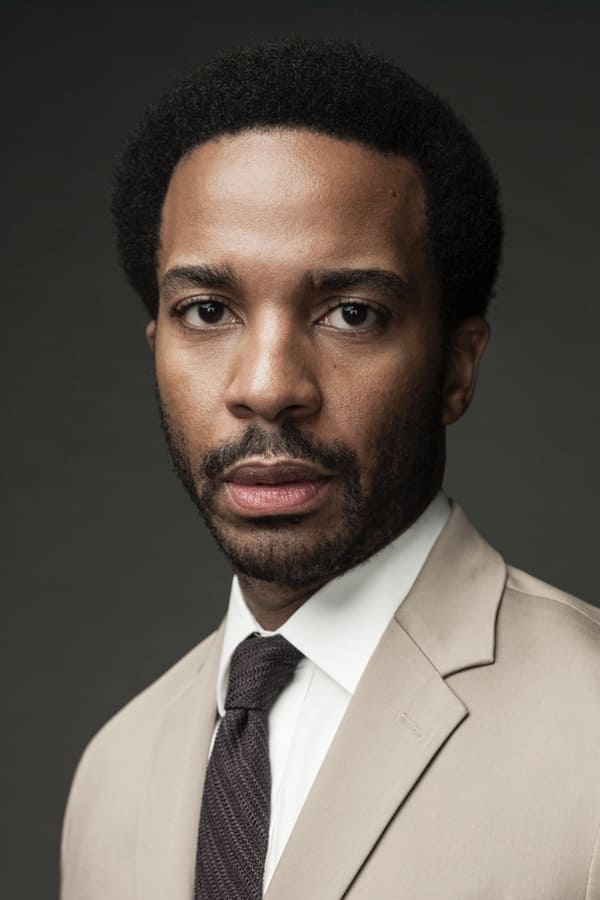
André Holland
Andrew Young
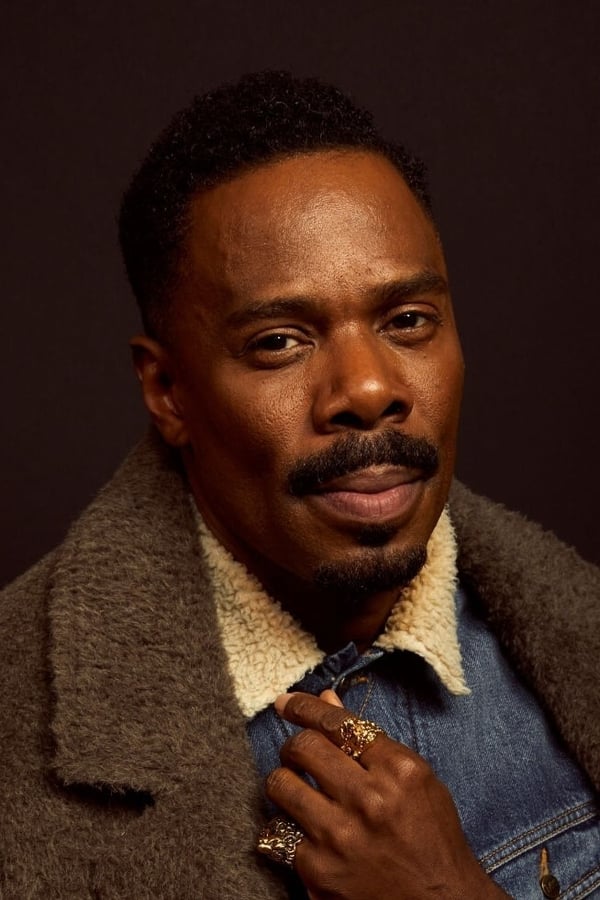
Colman Domingo
Ralph Abernathy
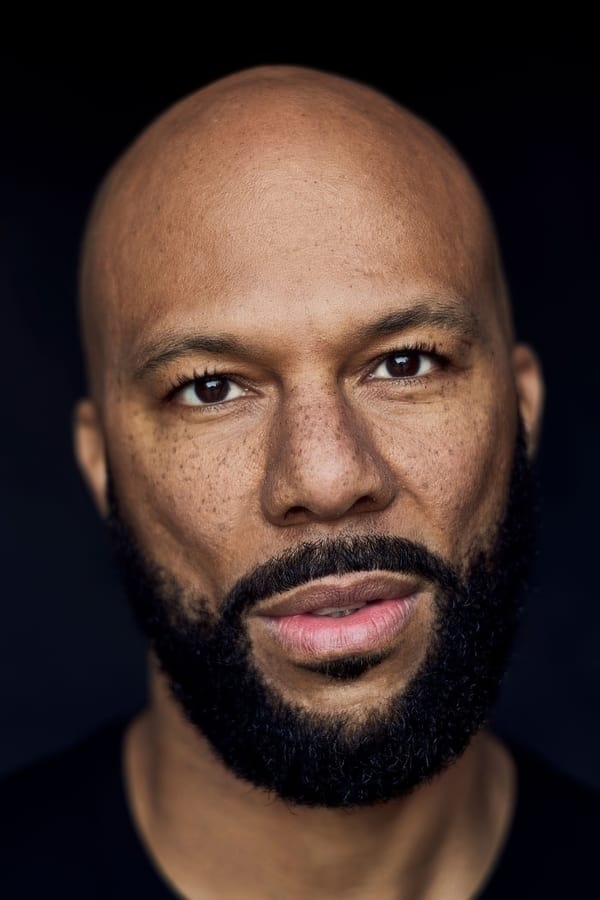
Common
James Bevel
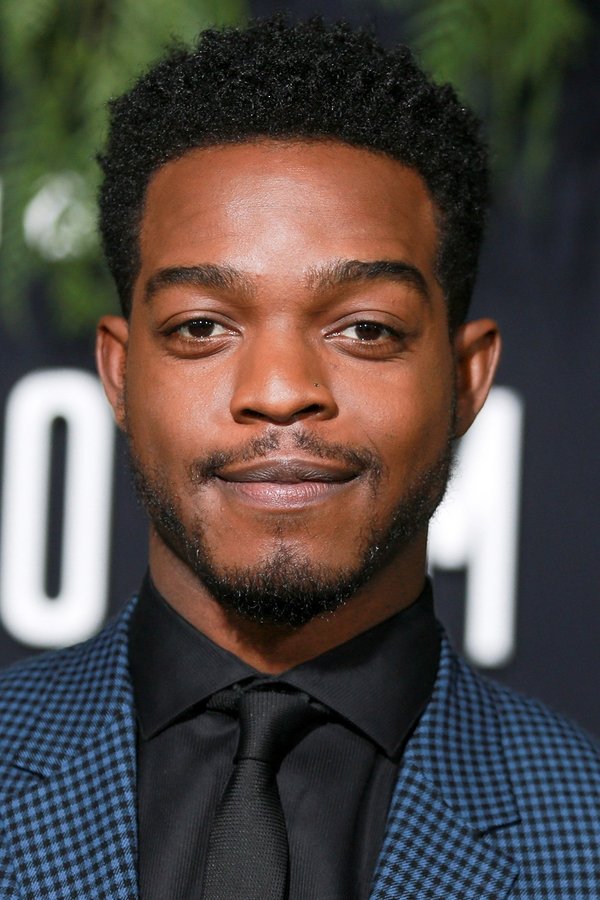
Stephan James
John Lewis

Omar J. Dorsey
James Orange
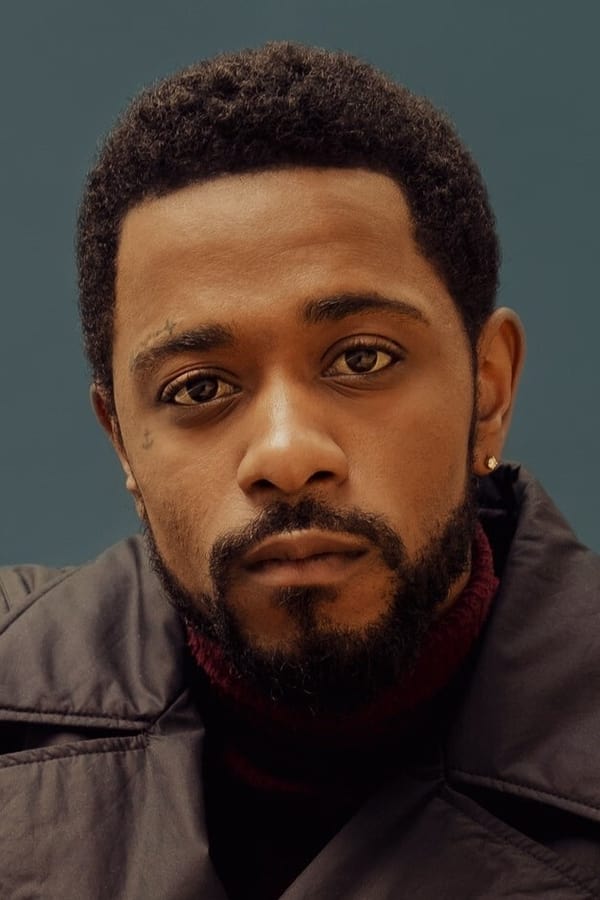
LaKeith Stanfield
Jimmie Lee Jackson
‘The Bear’ Season 2 has all the right ingredients for both comedy and drama.
Lucifer is a show with both comedy and drama, but most importantly, has charm. Well aware it’s following a silly premise, the show does so in a way that’s entertaining. Sure, sometimes it can be cheesy, but fun cheese.
A smashing sequel to the first Sonic the Hedgehog film that also brings back elements from the popular video game series.